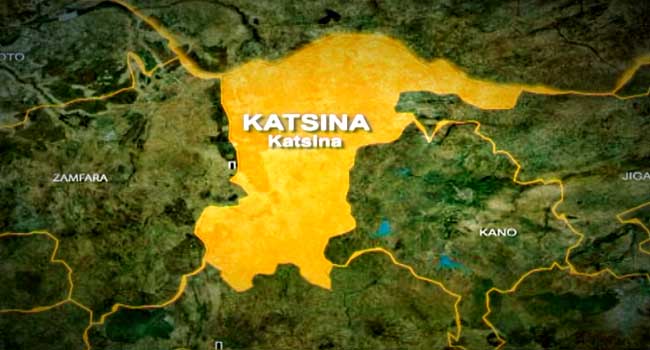The death toll from the recent terror attack on a mosque in Katsina State has risen to 32, marking a tragic escalation in the region’s ongoing security crisis. The attack took place on August 19, 2025, during dawn prayers at a mosque in Unguwan Mantau, Malumfashi local government area, when armed gunmen stormed the place of worship and opened fire on congregants.
Initial reports confirmed at least 13 deaths, but subsequent investigations by local sources and government officials have confirmed the toll has now risen to 32, including those killed inside the mosque and in surrounding violence. Eyewitness accounts describe a brutal assault as worshippers were shot while praying, and some victims were reportedly burned alive in their homes nearby.
This attack is believed to be a reprisal following an earlier incident where local vigilantes ambushed bandits, killing several and rescuing abductees. The assailants, often referred to as “bandits,” have long terrorized communities in northwestern Nigeria, frequently targeting villages, abducting residents, and engaging in violent clashes fueled by ethnic and resource conflicts.
Security forces—including the military, police, and air force units—have been deployed to the area to restore order and pursue the attackers. Despite these efforts, fears persist among residents as dozens remain kidnapped, and many have fled their homes seeking safety.
Prominent figures and government officials have condemned the attack. Calls for improved security measures and technological interventions to prevent further tragedies are growing louder, as this brutal incident underscores the urgent need for stronger protection of vulnerable communities, particularly places of worship.
The Katsina mosque attack highlights the complex security challenges facing Nigeria’s northwest, where ongoing conflicts between armed groups, bandits, and local communities continue to endanger lives and disrupt peace.
More than news- Its Icegate

